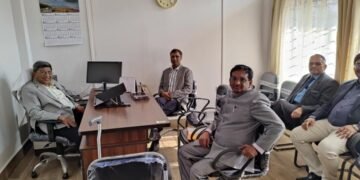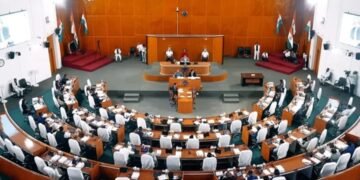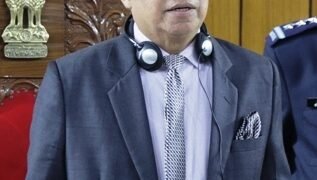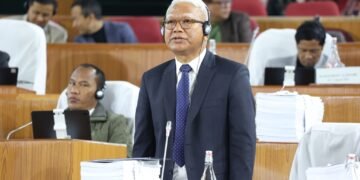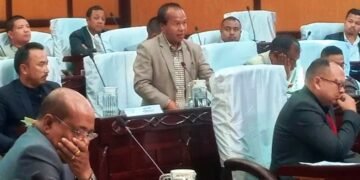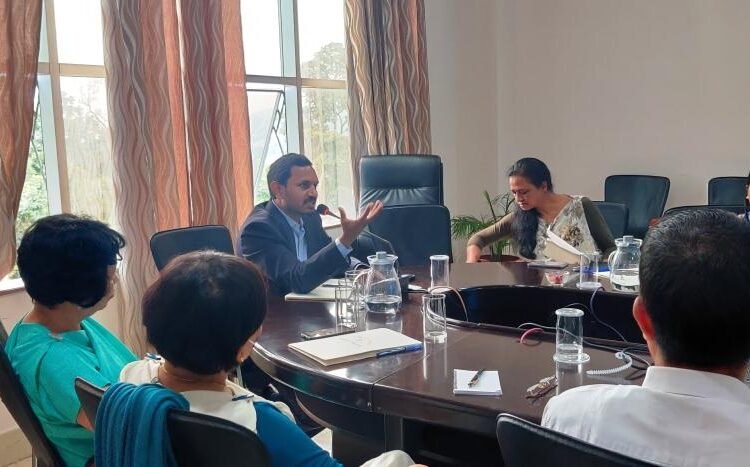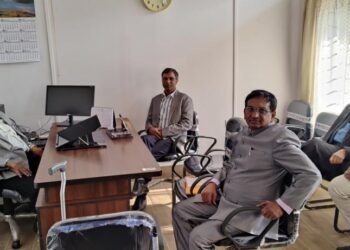A round table conference to discuss the findings of a study conducted on ‘Does the Northeast need a Public Health Cadre: A study of four Northeastern states’ was jointly organised by the State government and the Centre for Budget and Policy Studies (CBPS), Bengaluru in Shillong.
The CBPS had conducted a study last year in Meghalaya, Assam, Manipur and Nagaland from the aspect of public health landscape, health budgets, current administrative structure and essential public health functions to understand whether these states would benefit from the presence of a public health cadre. The second study looked at the current landscape of the Master’s in Public Health Programme in the country.
Though the four states performed better than the national average on MCH (Maternal and child health) indicators, the study found that there was high dependency on central funding for public health (through the NHM) and that essential public health functions (EPHF) such as research and innovations, assuring a competent PH workforce were almost nonexistent across all four states. It also said that there was an acute shortage of trained public health professionals in all four states, and hence medical specialists filled PH posts.
To dwell on these aspects, the round table conference held yesterday was attended by representatives from the department of Health and Family Welfare from all the NE states wherein participants undertook a group exercise to assess the status of the essential public health functions in each of the states.
In the process of rating their state on the different essential public health functions (EPHFs), the participants reflected on the current gaps and opined that an in-depth understanding of the gaps in their public health system/functions is a pre-requisite for a public health cadre.
A presentation was also made on a study that mapped the Master’s in Public Health courses in India.
The participants said from the study it was seen that there are currently 105 institutions offering MPH in India, however only 4 of these institutions are in the Northeast. Only 37 per cent of institutions were public institutions. However, students were plagued with high fees (average 2.9 lakhs for private and 87,000 for public institutions), insufficient information on the course online and poor field immersions.
Further, there is also currently no accrediting agency for MPH in India. A brief presentation highlighting the contribution of IIPH-Shillong in public health education in the Northeast was also given during the round table session.
Meghalaya Principal Health Secretary Sampath Kumar stated that adequate focus should be put on the need for blended programmes for public health among various states, in order to tackle the shortage of medical specialists in Northeast Indian States.
He also enunciated the need to follow a three-dimensional approach to health with equal focus on Preventive Care, which encompasses Promotive care, Curative Care and Enabling Dimension. He added that before the COVID-19 pandemic, the focus of healthcare was mostly limited to curative care. The pandemic has put forth a realization that the health system means now to be reinforced with much greater capacity in public health. Proper investments should be made, both in terms of infrastructure as well as in terms of human resources to have the required skills for delivering public health programmes.
Additional Secretary Ramkumar, who inaugurated the round table and emphasized that before embarking on the journey of creating a public health cadre, it is important for state to examine their public health system and arrive at a cadre structure that works best for them.

